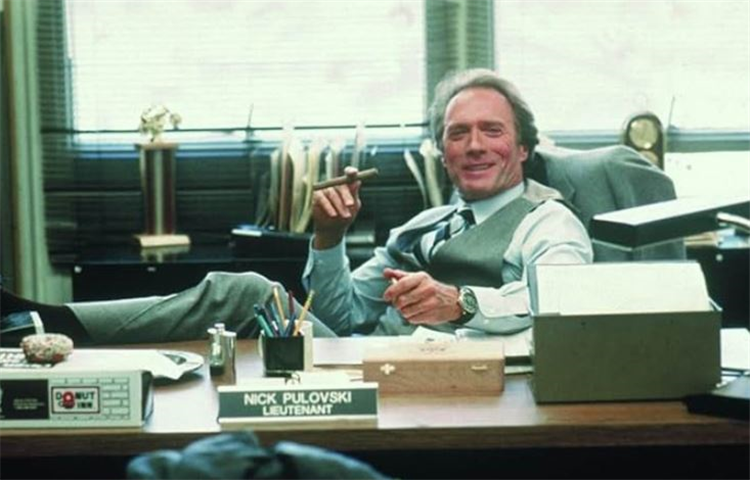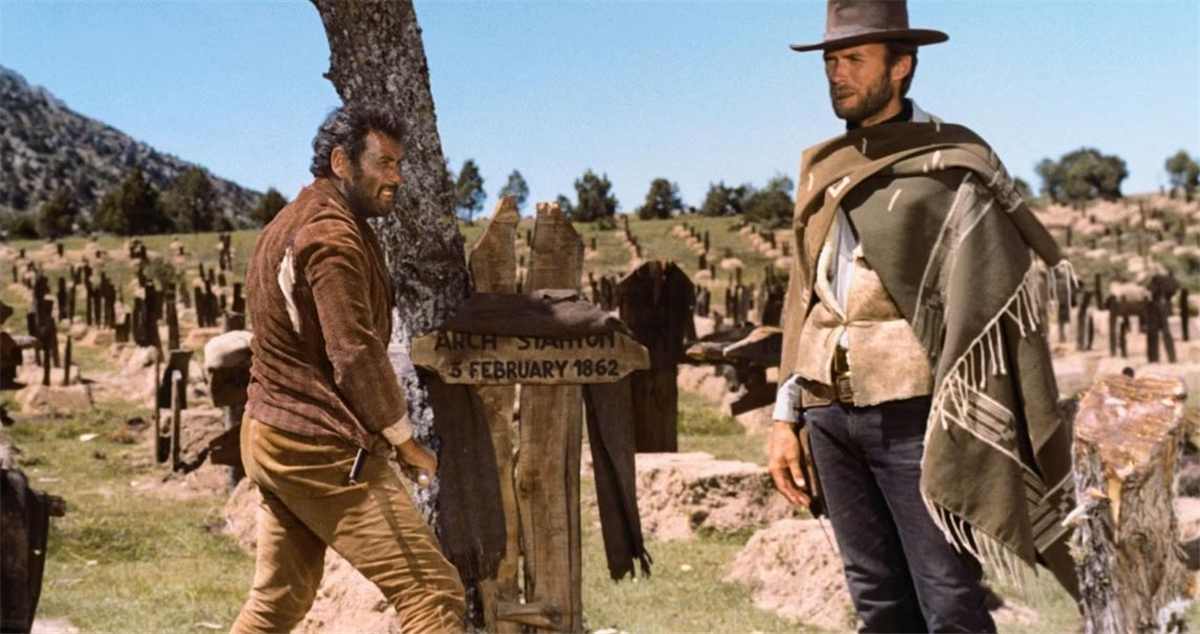There’s one movie trope that somehow never gets old, that of the renegade cop. Cops who take matters into their own hands, skirting on the border of what’s allowable by law, and often stepping over it. Bruce Willis’ John McClane in Die Hard, or Eddie Murphy’s Axel Foley, for example. The trope is so prevalent that it’s been repeatedly skewered on the long-running The Simpsons, ever since Season 2’s “The Way We Was” and the introduction to the films of “loose-cannon” McBain (Harry Shearer). But each trope has a genesis, and the movie that kick-started it is now on Max: Dirty Harry.
‘Dirty Harry’ Enters at a Pivotal Moment in History
1971’s Dirty Harry may have launched the era of the loose-cannon cop, but it’s the era off-screen that launched Dirty Harry. America, circa 1970, was a tumultuous time, and that only barely describes it. The war in Vietnam was perceived by Americans as either heroic or horrific, absolute polar opposites that deeply divided the populace. Crime rose by 126 percent between 1969 and 1970. Trust in authority disappeared in the light of excessive violence by the forces of law in quelling protests at the Chicago Democratic Convention in 1968 and at Kent State University in 1970. If any good vibes emerged from Woodstock, they couldn’t stand up to the perpetual onslaught of negativity in the news.
It was during this time that the Zodiac Killer had unleashed his reign of terror upon San Francisco, a man who would officially be credited with five murders between 1969 and 1974, but possibly as many as 37. The Zodiac Killer was brazen, giving away locations and claiming responsibility for murders, knowing that the letters and phone calls he gave the police and the public were virtually impossible to trace back to himself. Indeed, to this day, the Zodiac Killer has never been found, with nothing concrete that has associated multiple suspects over the years with the killings (the latest claim is made by Netflix: Arthur Leigh Allen, in the docuseries This is the Zodiac Speaking). The inability of the SFPD to find the murderer rankled the public, who perceived, right or wrong, that “playing by the rules” handcuffed their ability to track him down (Robert Graysmith alleged in 1999 that a year-long delay in getting a search warrant allowed Allen time to clear any evidence of the crimes). It’s this frustration that ultimately gave birth to Dirty Harry, and it’s no coincidence that the Scorpio killer on film and the Zodiac killer in life are similar.
‘Dirty Harry’ Puts an End to His “Zodiac Killer” and a Change to the Status Quo

Dirty Harry features Clint Eastwood’s “Dirty” Harry Callahan, a cop on the hunt for the “Scorpio Killer” that’s paralyzed San Francisco with fear. He’s effortlessly cool and relentless, with an “I don’t give a s**t attitude” about the finer points of the law, and unlike the SFPD’s pursuit of the Zodiac Killer, Callahan has no qualms about stepping outside the rules in his dogged pursuit of the madman. Callahan fails when he’s forced to play by the book, as when he’s tasked to deliver the ransom money for a teenager that Scorpio (Andy Robinson) has kidnapped. He already knows the girl is dead, and the SFPD would be better off to simply catch him, but he delivers the money and is ambushed by Scorpio, who affirms Callahan’s fears. But when he takes matters into his own hands, Callahan not only tracks Scorpio down but tortures Scorpio into confessing where the girl is being held. The end result is irrelevant, though. The evidence wasn’t obtained legally, and won’t be admissible in court. His outrage at a system that willingly lets a known killer free mirrors that of the viewers, and when Callahan does take Scorpio out at the end, his rules and his methods, it’s cathartic, with the result they want in real life actually happening on screen.
The era of the cookie-cutter cop, bound by law, was over, replaced by individuals plagued by the same dilemmas we all share, accessible by their flaws but heralded for their willingness to do what must be done, laws and the rights of the guilty be damned. Alongside films like Shaft and The French Connection, action movies centered around these cops gained a nuance, grit, and relatability that early films in the genre didn’t have. It’s been the rule as opposed to the exception ever since, and while police accountability in the real world remains at a crossroads, so long as the cops get their man, by hook or by crook, that’s not going to change any time soon.
Dirty Harry is available to stream on Max in the U.S.
